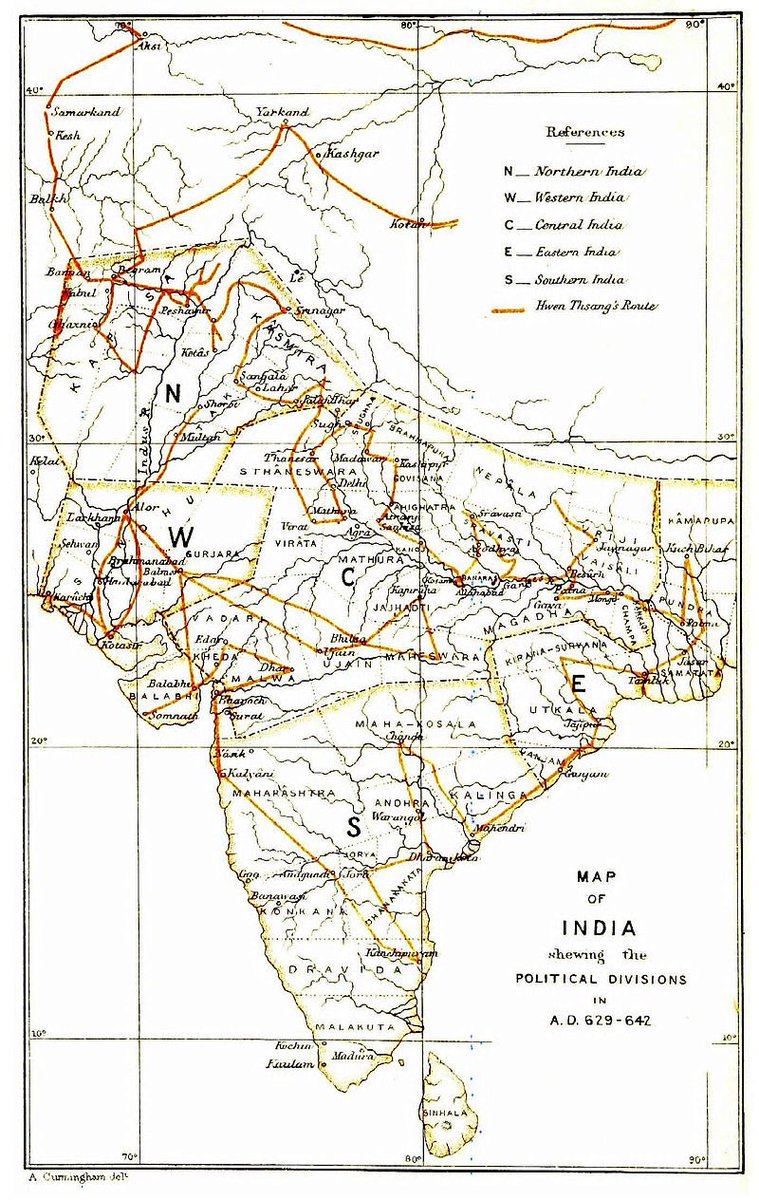An elitist strategy for AI, building centres of excellence and so on, will not give any competitive edge to India. It will simply prepare poaching grounds for US companies.
It is to protect our democracy. Without a democratic AI, there will be no democracy.
Because the initial trends in AI development were from military research, and this culture continues even to this day.
1) First and foremost, it will promote data sovereignty and data ownership for the citizens of the republic. The citizens cannot be data slaves to a military organization, or to a private (or worse, foreign) company.
I want India to focus on the greater objectives of democratic AI. Everything else follows from there.




